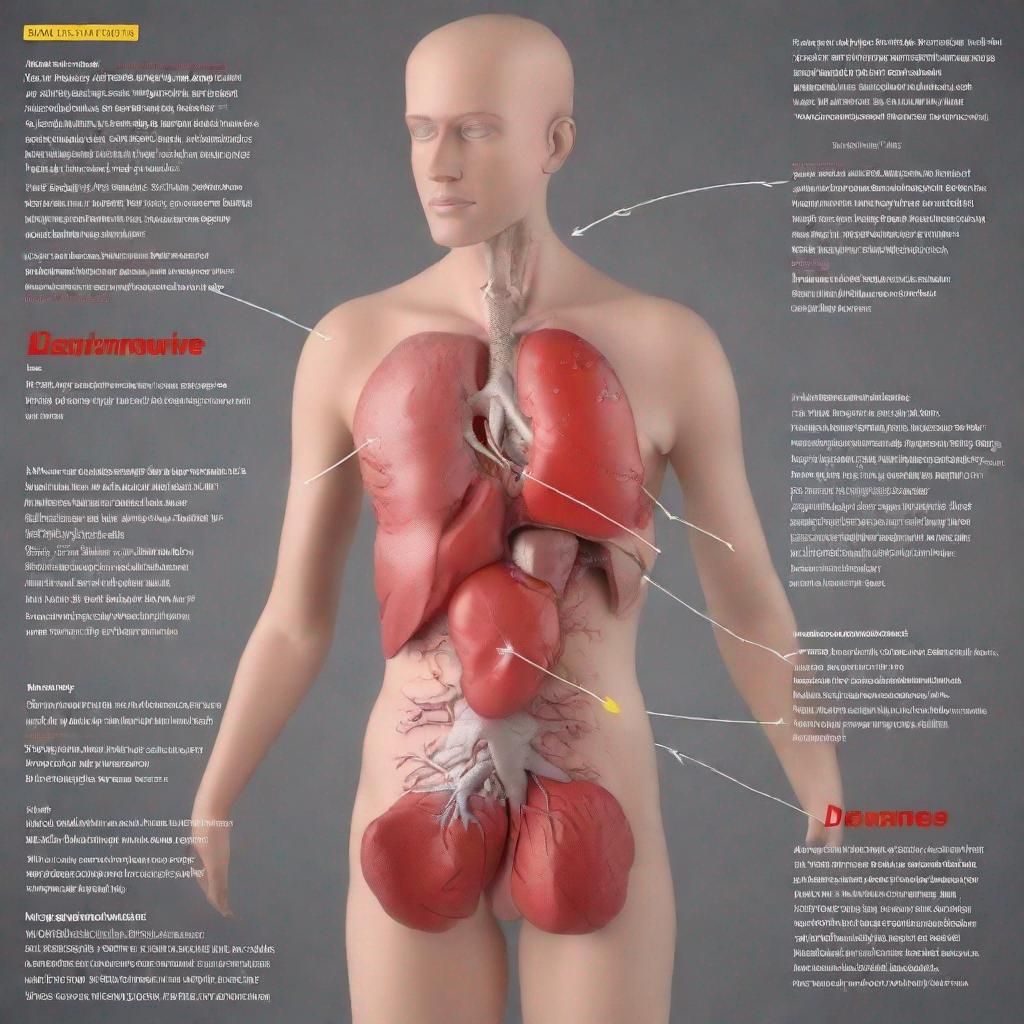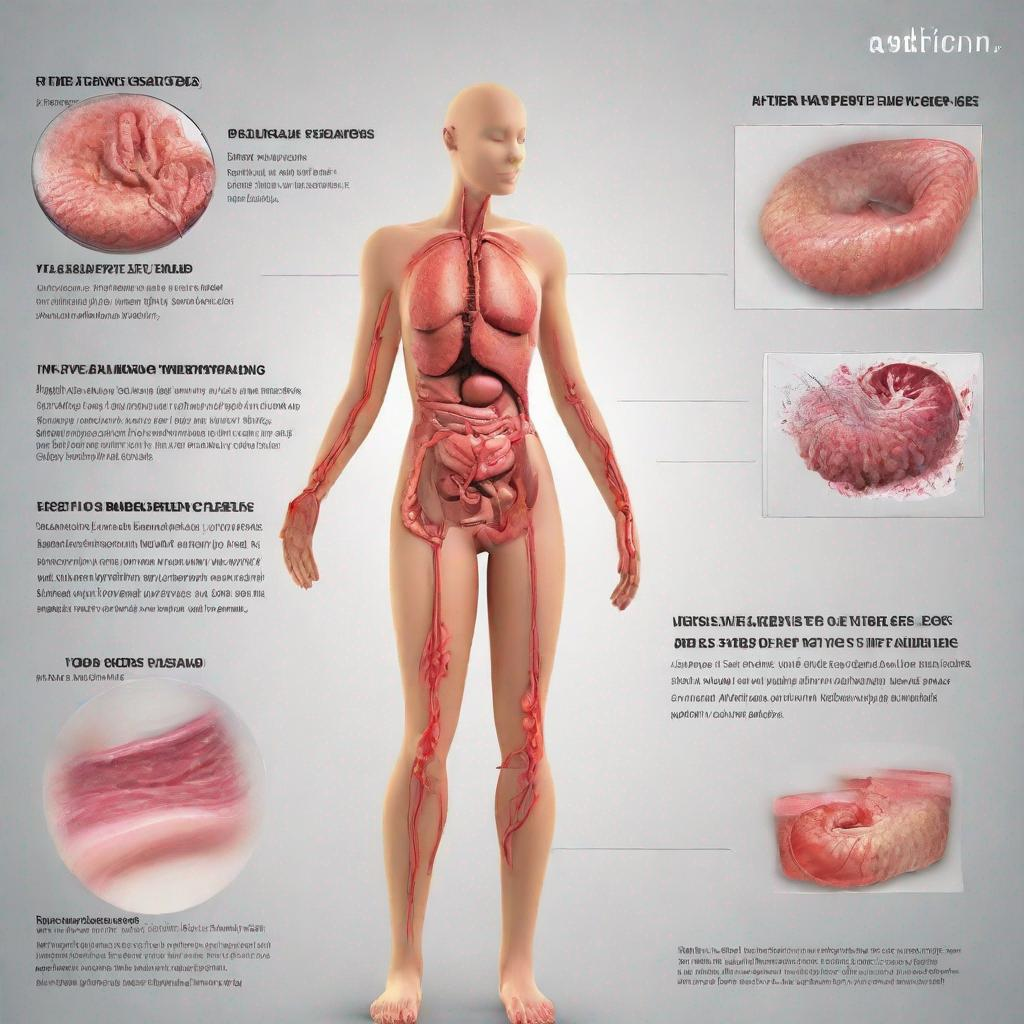## Hypertensive Disorders: A Comprehensive Overview
### Introduction
Hypertensive disorders refer to a group of conditions characterized by persistently high blood pressure, also known as hypertension. Hypertension can damage various body organs, including the heart, blood vessels, kidneys, and lungs. It is a major risk factor for cardiovascular disease and is a significant public health concern globally.
### Symptoms
Hypertension often has no noticeable symptoms. However, high blood pressure can manifest itself in various ways, including:
– Headache
– Dizziness
– Fatigue
– Shortness of breath
– Chest pain
– Pain in the back, abdomen, or buttocks
– Nausea
– Vision changes
### Diagnosis
Hypertension is typically diagnosed through blood pressure measurement. Normal blood pressure is below 120/80 mm Hg. High blood pressure is categorized as:
– Prehypertension: 120-129/80-89 mm Hg
– Stage 1 hypertension: 130-139/80-89 mm Hg
– Stage 2 hypertension: 140/90 mm Hg or higher
Other tests that may be performed to confirm hypertension or evaluate its impact on the body include:
– Echocardiography (heart ultrasound)
– Electrocardiogram (ECG)
– Retinal examination (eye examination)
– Urinalysis
### Prevention
Preventing hypertension involves adopting a healthy lifestyle that includes:
– Maintaining a balanced diet low in sodium and saturated fats
– Exercising regularly
– Maintaining a healthy weight
– Limiting alcohol consumption
– Quitting smoking
– Managing stress effectively
### Treatment
Treatment for hypertension aims to lower blood pressure and reduce its complications. Common treatment options include:
– **Lifestyle modifications:** Losing weight, increasing physical activity, and reducing sodium intake
– **Antihypertensive medications:**
– Calcium channel blockers
– Diuretics
– Vasodilators
– **Medications to prevent seizures** (in severe cases)
### Complications
Untreated hypertension can lead to serious complications, including:
– **Coronary artery disease:** Narrowing of the arteries supplying blood to the heart
– **Stroke:** Blood clot or bleeding in the brain
– **Congestive heart failure:** Weakening of the heart muscle
– **Chronic kidney disease:** Progressive damage to the kidneys
– **Hypertensive crisis:** A sudden and dangerous increase in blood pressure
### Related Conditions
Hypertension can be related to other conditions, such as:
– Chronic kidney disease
– Gestational hypertension (high blood pressure during pregnancy)
– Preeclampsia (a severe form of gestational hypertension)
– Eclampsia (a rare and life-threatening complication of preeclampsia)
### Conclusion
Hypertension is a serious condition that affects millions of people worldwide. By adopting healthy lifestyle habits, it can often be prevented. Early detection and treatment are crucial to reduce the risk of associated complications and maintain overall health and well-being. It is important to note that hypertension is a chronic condition, and ongoing monitoring and management are typically necessary.




